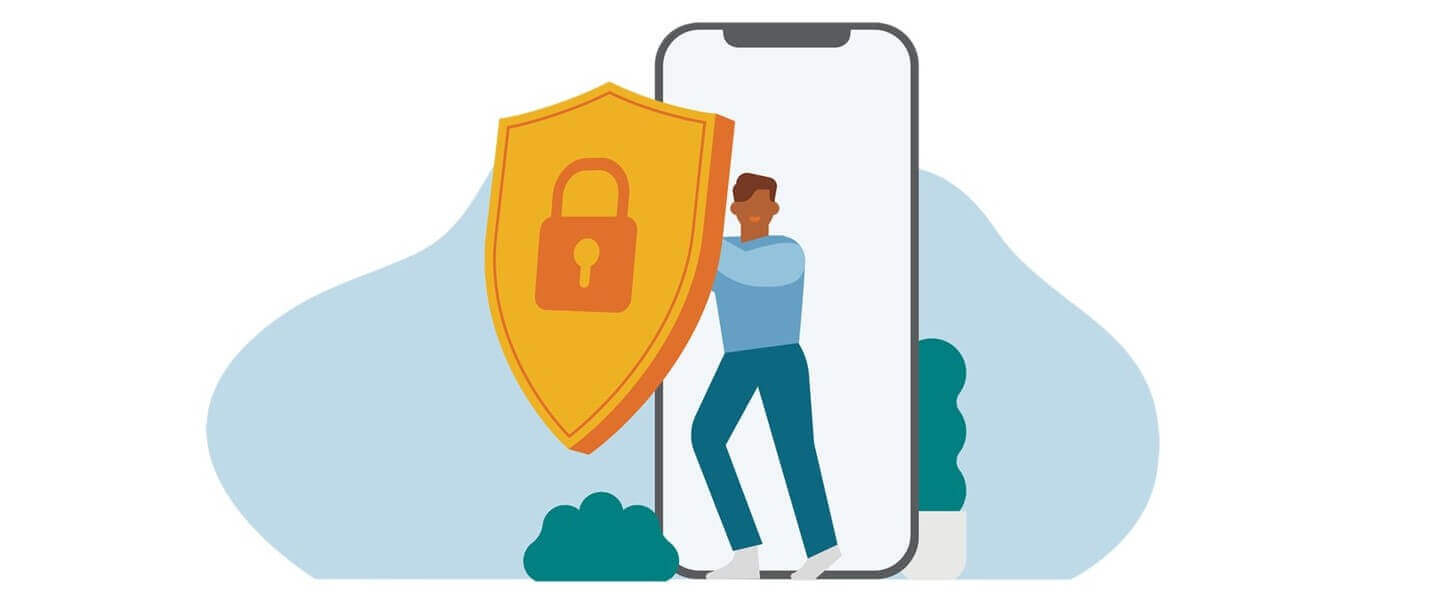Digital scams are certainly nothing new. Many remember the “rich” Nigerian prince constantly emailing to ask for money more than 20 years ago. But what is new is that many Americans are actively using their digital footprint, including email, text, phone calls, social media, and mobile apps, well into their golden years. As non-digital natives, most “goldens” are less familiar with the inner workings of technology and can be more trusting than those who grew up in the digital age. Enter: elder abuse.
Elder abuse involves utilizing a position of trust to take advantage of someone 60+. Many older Americans grew up in a time when trusting their neighbors, local law enforcement, public figures, or others in positions of power was commonplace. Because of this, abusers often pose as bankers, doctors, or even police officers to use that trusting nature to their advantage. And with technology shielding the abuser’s true identity, it can be confusing to older, non-digital natives when they get a phone call from someone “at their bank” claiming they need important information to secure their hard-earned retirement money.
Financial elder abuse (i.e. elder abuse specifically aimed at taking financial advantage of the senior) is particularly popular these days, since abusers can easily call or send a text asking for bank information, allowing them to empty accounts. Read on for more about spotting financial elder abuse, so you can help protect your loved ones.
Educate elders about trending scams
Knowledge is power, so it’s important to stay up to date on the latest scams in order to tell elders what to look out for. Scammers may pose as people or businesses they know and may appear to be their bank, credit card company, or even a friend or relative. They may also pose as law enforcement or legal counsel representing a family member, and ask for money to pay bail or legal fees.
Make sure they understand that banks and credit card companies will never ask for an account number, Social Security number, name, address, or password in an email or text message. Caller ID for an incoming call can also be misleading, as it’s not always who it says it is. If any correspondence seems suspicious, call your bank or credit card company directly via the phone number on their website to verify if the request is legitimate. Unsolicited requests are typically scams.
Keep all codes and passwords private
Passwords and secret codes should never be shared directly with anyone, including trusted family or friends. They can only be kept safely in a password manager app. Never share your passwords or credit card numbers with anyone via text message or email. Be cautious about logging into accounts on shared computers, which can be popular in retirement communities, and always log out when finished.
Validate requests to transfer money
If you receive an unfamiliar call, text, or email asking you to transfer money, beware. Verify you’re sending funds to a trusted recipient by calling the number on your card, a recent bill or receipt, or by visiting an official website. Many financial institutions also offer two-factor authentication, which can allow another person, like an adult child, to verify a transfer.
Stay close to caregivers
If your parent or elderly loved one requires a caregiver, develop a relationship with this person and comb over finances. The caregiver will be deterred from potential financial exploitation if they know someone is paying attention. Do a sweep of the elder’s home to ensure that old statements including account numbers and balances, as well as checkbooks, are not openly accessible. Shred all receipts, statements, and credit card offers before throwing them away. It’s a good idea to get references and a background check of anyone who will be with your loved one on a regular basis.
Trust your instincts
If an interaction regarding your finances is causing you or your older loved one undue stress, it’s probably for a reason. Don’t ignore those gut feelings that tell you someone is a threat. Contact your bank or local Adult Protective Services to report potential abuse. More and more banks are being trained in spotting elder abuse. Our team at Fremont Bank is always here to help. Reach out to us on our official phone number — (800) 359-2265 — anytime and we’ll help however we can.







.jpg?width=1456&height=592&ext=.jpg&maxsidesize=620&resizemode=force)